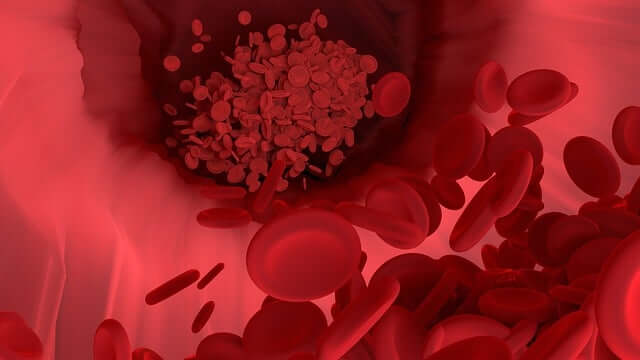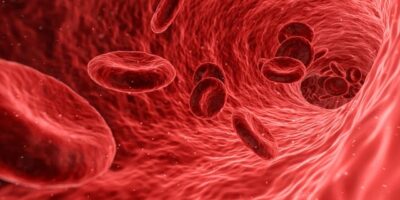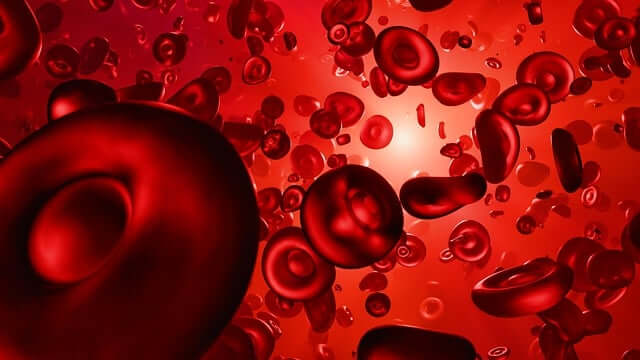
What Is the Mean Corpuscular Hemoglobin Concentration (MCHC) Blood Test?
1. Introduction
The Mean Corpuscular Hemoglobin Concentration (MCHC) is a key parameter measured in a complete blood count (CBC) test. It provides valuable information about the average concentration of hemoglobin in a given volume of packed red blood cells. Hemoglobin is the protein in red blood cells responsible for transporting oxygen from the lungs to the rest of the body. Therefore, the MCHC is an important indicator of the oxygen-carrying capacity of the blood.
The importance of MCHC lies in its ability to help diagnose and monitor various conditions and diseases. Abnormal MCHC values can indicate underlying issues such as anemia, nutritional deficiencies, or chronic diseases. By measuring the MCHC, healthcare providers can gain insights into a patient’s overall health and make informed decisions about further diagnostic testing and treatment.
Normal Range and Outside Range of Mean Corpuscular Hemoglobin Concentration (MCHC)
The normal range for MCHC typically falls between 32 to 36 grams per deciliter (g/dL). However, these values can vary slightly depending on the laboratory and the specific population being tested. Values outside this range are considered abnormal and can be indicative of various medical conditions:
- Hypochromia: MCHC below the normal range (<32 g/dL) often suggests hypochromic anemia, where red blood cells have less hemoglobin than normal.
- Hyperchromia: MCHC above the normal range (>36 g/dL) is less common but can indicate conditions such as hereditary spherocytosis or autoimmune hemolytic anemia, where red blood cells are overly saturated with hemoglobin.
2. Common Conditions and Diseases Associated with Mean Corpuscular Hemoglobin Concentration (MCHC)
2.1 Anemia
Anemia is a condition characterized by a deficiency of red blood cells or hemoglobin. Various types of anemia can affect the MCHC:
- Iron-Deficiency Anemia: This is the most common form of anemia and is typically associated with a low MCHC. Symptoms include fatigue, weakness, pale skin, and shortness of breath.
- Thalassemia: This inherited blood disorder leads to the production of abnormal hemoglobin and results in hypochromic, microcytic anemia (low MCHC). Symptoms range from mild to severe and include fatigue, weakness, and growth delays in children.
- Sideroblastic Anemia: This form of anemia involves the body’s inability to incorporate iron into hemoglobin, resulting in low MCHC values. Symptoms include fatigue, weakness, and, in severe cases, organ damage.
2.2 Nutritional Deficiencies
Deficiencies in essential nutrients can lead to abnormal MCHC values:
- Vitamin B12 and Folate Deficiency: These deficiencies can result in megaloblastic anemia, where red blood cells are larger than normal but have a reduced MCHC. Symptoms include fatigue, weakness, pale skin, and neurological issues such as numbness and memory problems.
- Iron Deficiency: As mentioned earlier, iron deficiency leads to iron-deficiency anemia with a low MCHC. Symptoms are similar to those of general anemia and include fatigue, weakness, and pale skin.
2.3 Chronic Diseases
Certain chronic diseases can affect the MCHC:
- Chronic Kidney Disease (CKD): CKD can lead to anemia of chronic disease, where MCHC values may be low. Symptoms include fatigue, weakness, shortness of breath, and swelling in the lower extremities.
- Chronic Infections or Inflammation: Conditions such as rheumatoid arthritis or chronic infections can lead to anemia of chronic disease, characterized by low MCHC. Symptoms vary depending on the underlying condition but often include fatigue and general malaise.
3. Duration for Mean Corpuscular Hemoglobin Concentration (MCHC)
The MCHC test is typically part of a complete blood count (CBC) and is performed quickly and efficiently. Once the blood sample is collected, the actual analysis in the laboratory usually takes only a few hours. In most clinical settings, results are available within 24 hours, allowing for prompt diagnosis and intervention if necessary.
4. Process Involved in Mean Corpuscular Hemoglobin Concentration (MCHC)
The process of measuring MCHC involves several steps:
- Sample Collection: A healthcare professional collects a blood sample from a vein, usually in the arm, using a sterile needle. The blood is then transferred to a vial or test tube containing an anticoagulant to prevent clotting.
- Laboratory Analysis: The blood sample is sent to a laboratory where it undergoes analysis using automated hematology analyzers. These machines measure various parameters, including the MCHC, by assessing the hemoglobin concentration and the volume of red blood cells.
- Calculation of MCHC: The MCHC is calculated using the formula: MCHC = (Hemoglobin concentration / Hematocrit) x 100. This calculation provides the average concentration of hemoglobin in the red blood cells.
- Result Interpretation: The laboratory results are reviewed by a healthcare provider who interprets the MCHC value in conjunction with other CBC parameters and the patient’s clinical history.
5. If Mean Corpuscular Hemoglobin Concentration (MCHC) Results Are Positive
If the MCHC results indicate an abnormal value, further diagnostic testing and treatment may be necessary. The treatment options depend on the underlying cause of the abnormal MCHC:
Allopathic Treatments
- Iron Supplementation: For iron-deficiency anemia, oral iron supplements are commonly prescribed to increase iron levels and improve hemoglobin production.
- Vitamin B12 and Folate Supplements: These supplements are used to treat deficiencies that lead to megaloblastic anemia.
- Blood Transfusions: In severe cases of anemia or chronic disease, blood transfusions may be necessary to quickly increase red blood cell and hemoglobin levels.
- Medications: Specific medications may be prescribed to manage chronic conditions such as rheumatoid arthritis or chronic kidney disease.
Homeopathic Treatments
Homeopathy offers alternative treatment options, focusing on individualized care:
- Ferrum Phosphoricum: Commonly used for early stages of anemia, it aims to improve iron absorption and overall vitality.
- China Officinalis: Used for weakness and fatigue associated with anemia, this remedy is believed to enhance energy levels.
- Calcarea Phosphorica: This remedy is used for nutritional deficiencies and aims to improve overall health and well-being.
Surgical Interventions
Surgery is generally not required for treating abnormal MCHC values unless there is an underlying condition that necessitates surgical intervention, such as splenectomy for hereditary spherocytosis or bone marrow transplant for certain severe forms of anemia.
6. Cost of Mean Corpuscular Hemoglobin Concentration (MCHC)
The cost of a Mean Corpuscular Hemoglobin Concentration (MCHC) test can vary depending on the healthcare provider, geographic location, and whether the test is part of a complete blood count (CBC) or ordered separately. On average, the cost of a CBC, which includes the MCHC test, ranges from $20 to $100 USD. However, prices can be higher in some regions or specialized laboratories. It’s advisable to check with the specific healthcare provider or laboratory for accurate pricing.
7. Prevention of Conditions Detected by Mean Corpuscular Hemoglobin Concentration (MCHC)
Preventing conditions associated with abnormal MCHC values involves maintaining overall health and addressing specific risk factors:
- Balanced Diet: Consuming a diet rich in iron, vitamin B12, and folate can help prevent nutritional deficiencies that lead to anemia. Foods such as lean meats, leafy greens, beans, nuts, and fortified cereals are beneficial.
- Regular Check-Ups: Routine medical check-ups and blood tests can help detect and address potential issues early, preventing the progression of anemia or other related conditions.
- Managing Chronic Diseases: Proper management of chronic conditions like chronic kidney disease, rheumatoid arthritis, and chronic infections can help prevent secondary anemia. This includes adhering to prescribed medications, lifestyle modifications, and regular monitoring.
- Healthy Lifestyle: Maintaining a healthy lifestyle with regular exercise, adequate hydration, and avoiding excessive alcohol consumption can support overall health and prevent conditions that might affect MCHC values.
Disclaimer:
The information provided in this article is for educational purposes only and is not intended as medical advice. Always consult with a healthcare professional or medical laboratory technologist for accurate diagnosis and treatment of any medical conditions.
Why Lab Insights explanations are different
We translate common blood tests and reports into plain language so you understand what each value means before you talk to your doctor.
Lab ranges and decisions are individual. Only your treating doctor can interpret your reports and advise on treatment changes.
Similar Posts You may also like

Brain Natriuretic Peptide (BNP) Blood Test
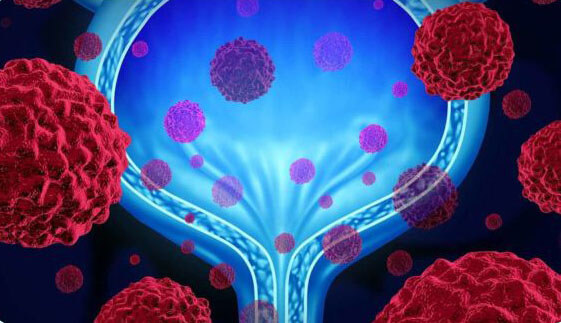
Bladder Tumor Antigen (BTA) Test

Basic Metabolic Panel (BMP) Blood Test

Hemoglobin A1c (HbA1c) Blood Test
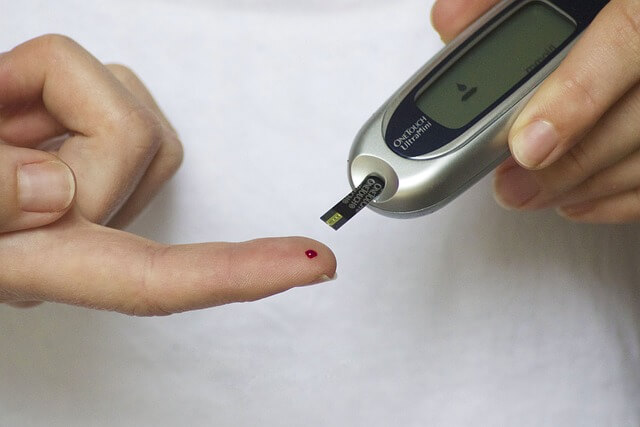
Insulin Test Blood Test: Conditions and Diseases
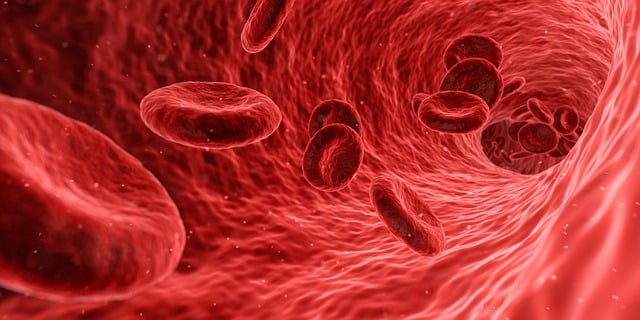
Complete Blood Count (CBC) Blood Test
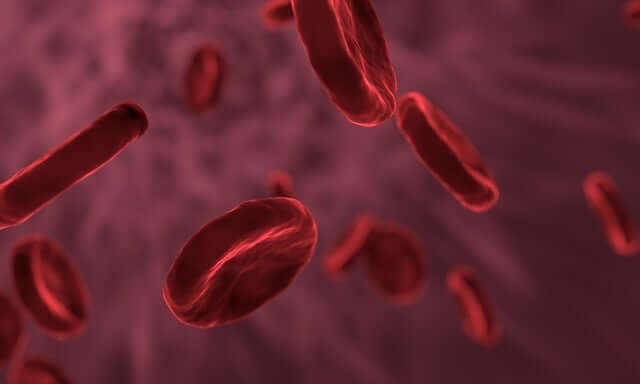
Hematocrit Test: A Comprehensive Guide

Mean Corpuscular Volume (MCV) Blood Test: A Comprehensive Guide
